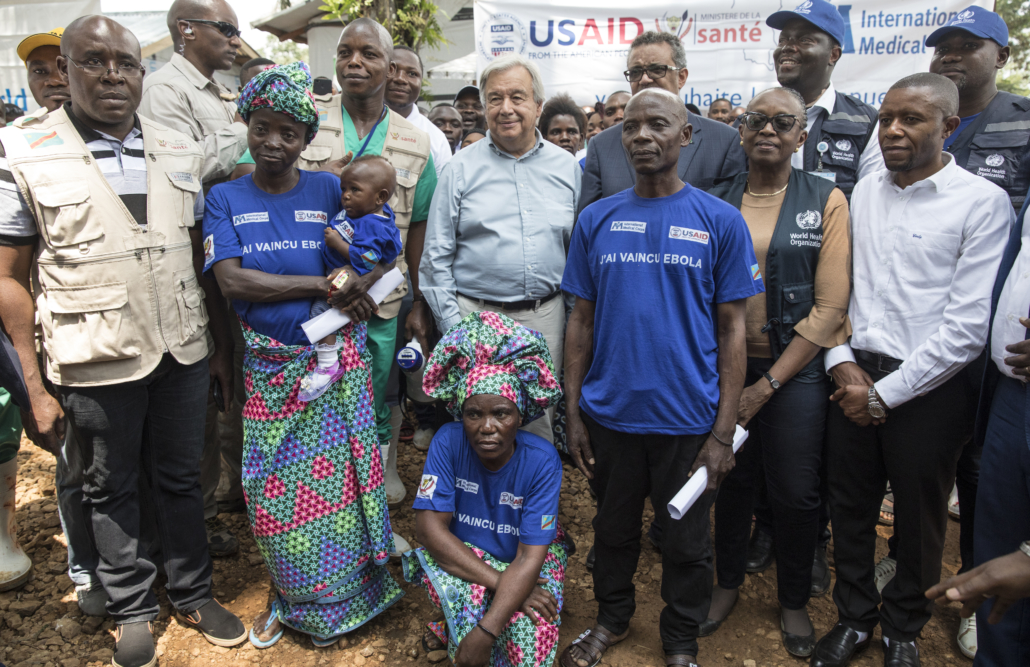How Ebola Survivors in the Congo are Giving Back

The Ebola epidemic that ravaged the Democratic Republic of the Congo (DRC) in 2018 claimed more than 2,250 lives. Doctors and nurses worked vigorously for months to treat patients and stop the spread of the deadly disease. Finally, in early March 2020, the DRC was able to announce that it had discharged its last Ebola patient. After the country’s lengthy battle with the virus, citizens are seeing that the end of the outbreak is finally within reach. With this new horizon in sight, here’s how Ebola survivors in Congo are giving back to their communities.
Interacting with Patients
There are more than 1,000 Ebola survivors in the DRC. These survivors have developed antibodies that can last up to a decade, allowing them protective immunity against Ebola. Essentially, if survivors come into contact with someone infected, they are not at risk of contracting the disease again.
This allows them to interact with sufferers who may feel isolated and alone during their treatment. Members of the Ebola Survivors Association were able to talk with and provide companionship to patients suffering from Ebola without making them feel alienated.
Spreading Awareness One Home at a Time
Members of the Ebola Survivors Association have been serving their community in Beni, a northeastern city in the DRC, by visiting homes to educate families on Ebola prevention strategies. One member, Gemima Landa, goes above and beyond as a way to thank the healthcare team that saved her life when she was infected.
Landa spends her week visiting countless neighborhoods in Beni. She shares her own story to enlighten families on how to stay healthy. She also makes regular visits to health centers to meet with mothers and pregnant women to explain to them how they have a crucial role in protecting their children against the deadly disease. Landa has been able to spread Ebola awareness and share life-saving information with hundreds of Congolese, and she isn’t the only survivor who’s making a difference.
Caring for Orphans of Ebola
With Ebola having taken so many lives across the country, it also left hundreds of children parentless as a result. Fortunately, survivors were quick to volunteer their time to step in and care for these orphans by providing love, attention and other necessities children desperately need during such a difficult time.
UNICEF also stepped in to help by partnering with survivors and opening nurseries close to Ebola treatment facilities. This is so that the caregivers would have a separate space to tend to the children. These nurseries provide daily screenings and checkups. Additionally, children who may have the disease can be cared for by survivors, who don’t have to risk being infected because they have developed an immunity.
There are now more Ebola survivors in the world than ever. The survivors in the Democratic Republic of the Congo have proven how valuable their help can be to impacted communities. If volunteers continue to band together and share their experiences, the world could be on its way to a healthier, Ebola-free future.
– Hadley West
Photo: Flickr
